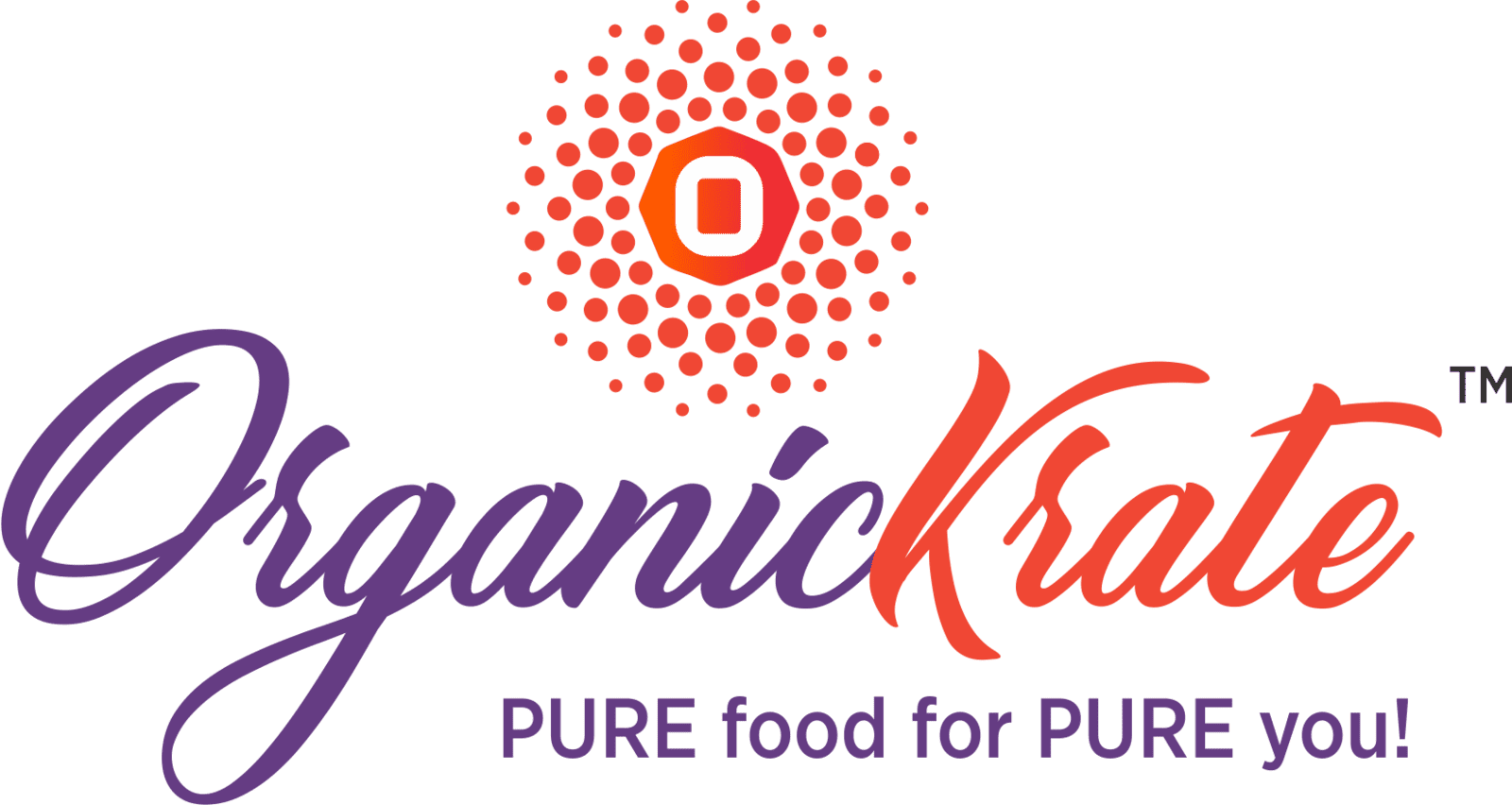Be green. Be organic. And organic farming’s the way
Ever wondered why the organic section of the supermarket once deserted is now getting crowded with each passing day? Or why people are quitting their white-collar jobs and switching to ‘organic farming’? Or maybe how the term organic is not restricted to fresh locally sourced produce anymore but has now become a mere catchphrase to a way of life? Read further to know more.
What is organic farming?
According to the International Federation of Organic Agriculture Movements, organic agriculture is an ecologically intensive production system that sustains the health of soils, ecosystems, and people. It relies on ecological processes, biodiversity and cycles adapted to local conditions, rather than the use of inputs with adverse effects. Organic agriculture combines tradition, innovation, and science to benefit the shared environment and promote fair relationships and good quality of life for all involved. In fact, the principles, and practices of OF have been expressed in the standards of the International Federation of Organic Agriculture Movements (IFOAM) as the principle of health, ecology, fairness, and care.
A brief history
People these days think organic farming is just a fad, but the truth is that organic farming is nothing new, it was the conventional farming practice that our ancestors followed back in the day. However, it started gaining importance after 1920, as a reaction by individual agricultural scientists, notably Albert Howard, the founder and pioneer of the organic movement, and farmers against industrialized agriculture, which used excessive chemical fertilizers and pesticides and adopted rash and environmentally damaging methods whereas though organic farms produce lower yields than comparable conventional farms, they are more profitable, more friendly to pollinators and the environment, and deliver equally or more nutritious foods with fewer pesticide residues
Why is organic farming becoming crucial?
So, Organic farming relies on...
Banning of chemicals:
Crop rotation and mixed cropping:
Effective micro-organisms (EM) technology:
Organic farming helps keep the planet healthy.
- Harvests solar energy
- Promotes the usage of renewable resources
- Instrumental in the conservation of soil and rainwater
- Helps achieve a balanced and diverse ecosystem by encouraging soil flora and fauna, enriching the soil to create more stable systems.
- Making the earth immune to climate changes, which in turn leads to the greenhouse effect and so on.
- Improves immunity
- Enhances soil productivity and fertility
- Encourages the development of natural fertilizers like on-farm composts, vermiwash, botanical extracts, and much more, making farming methods cheaper. For instance, animal dungs are nutrient-rich sources for the soil to fertilize.


